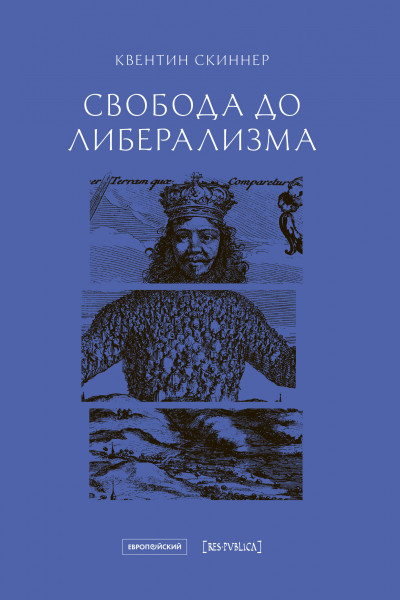
This essay, written by one of the world's leading historians, represents an important contribution to scholarship. In the first part, the author seeks to retrieve from oblivion and rehabilitate the neo-Roman theory of free citizens and free states, as it was developed in early modern England. The analysis turns into a convincing apology for the nature, goals and objectives of intellectual history and the history of ideas. As Professor Skinner says: “The intellectual historian can help us to appreciate how far the values embodied in our present way of life, and our present ways of thinking about those values, reflect a series of choices made at different times between different possible worlds.” The work offers the reader one of the most significant modern statements about the importance, relevance and possible joy of this kind of historical research